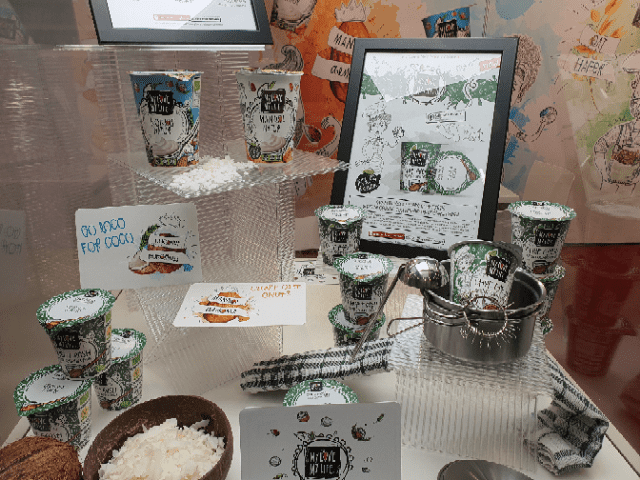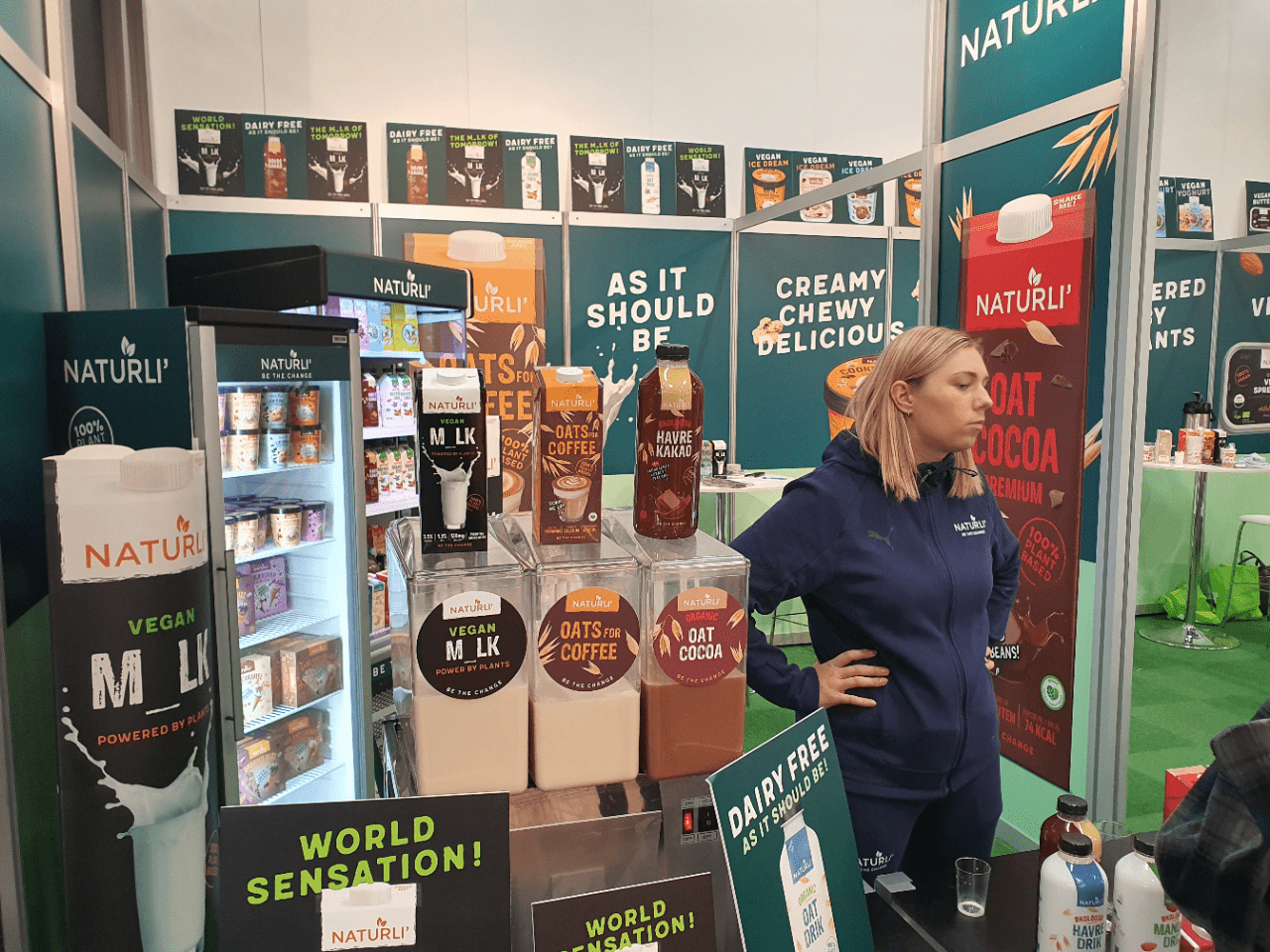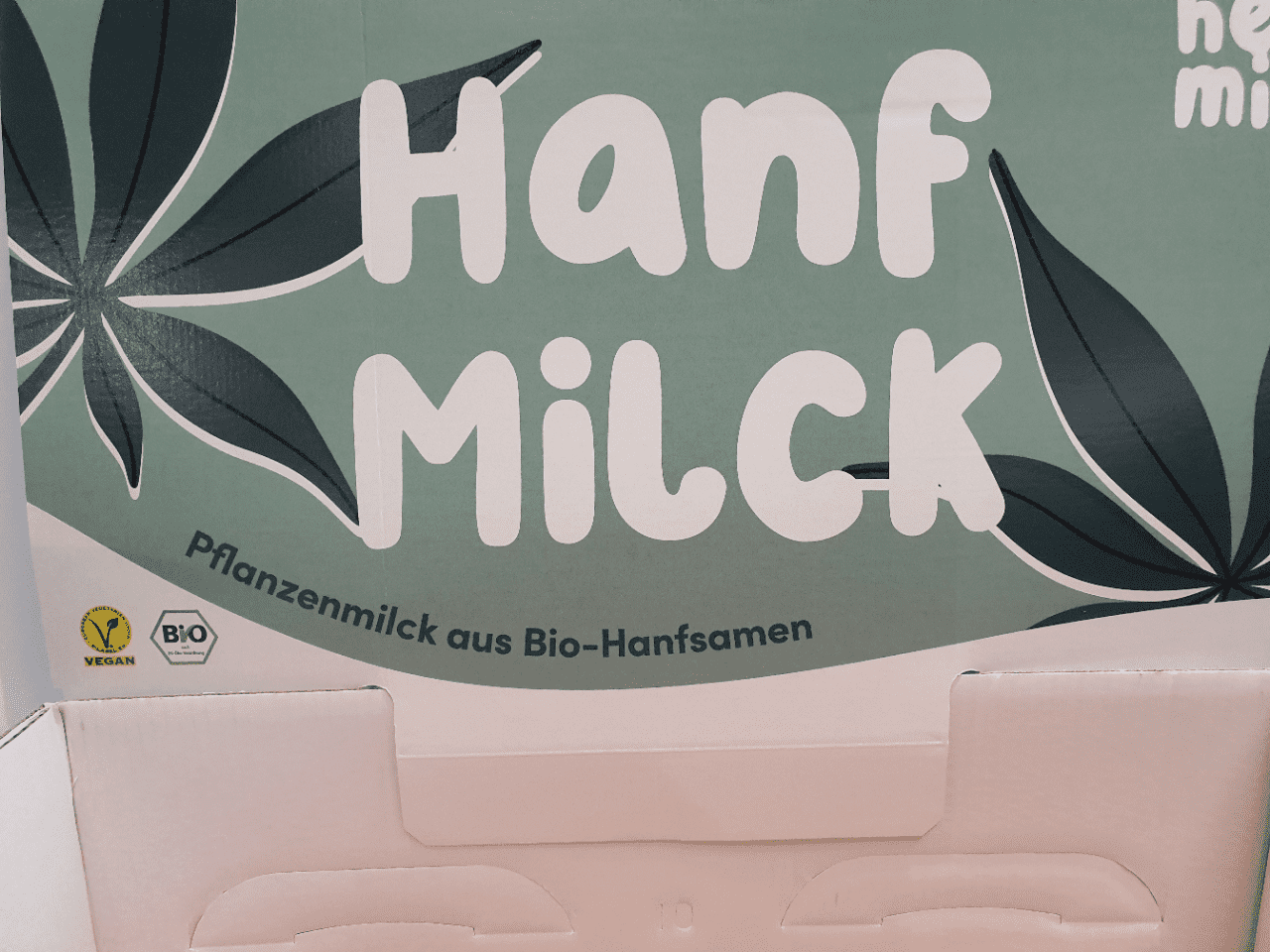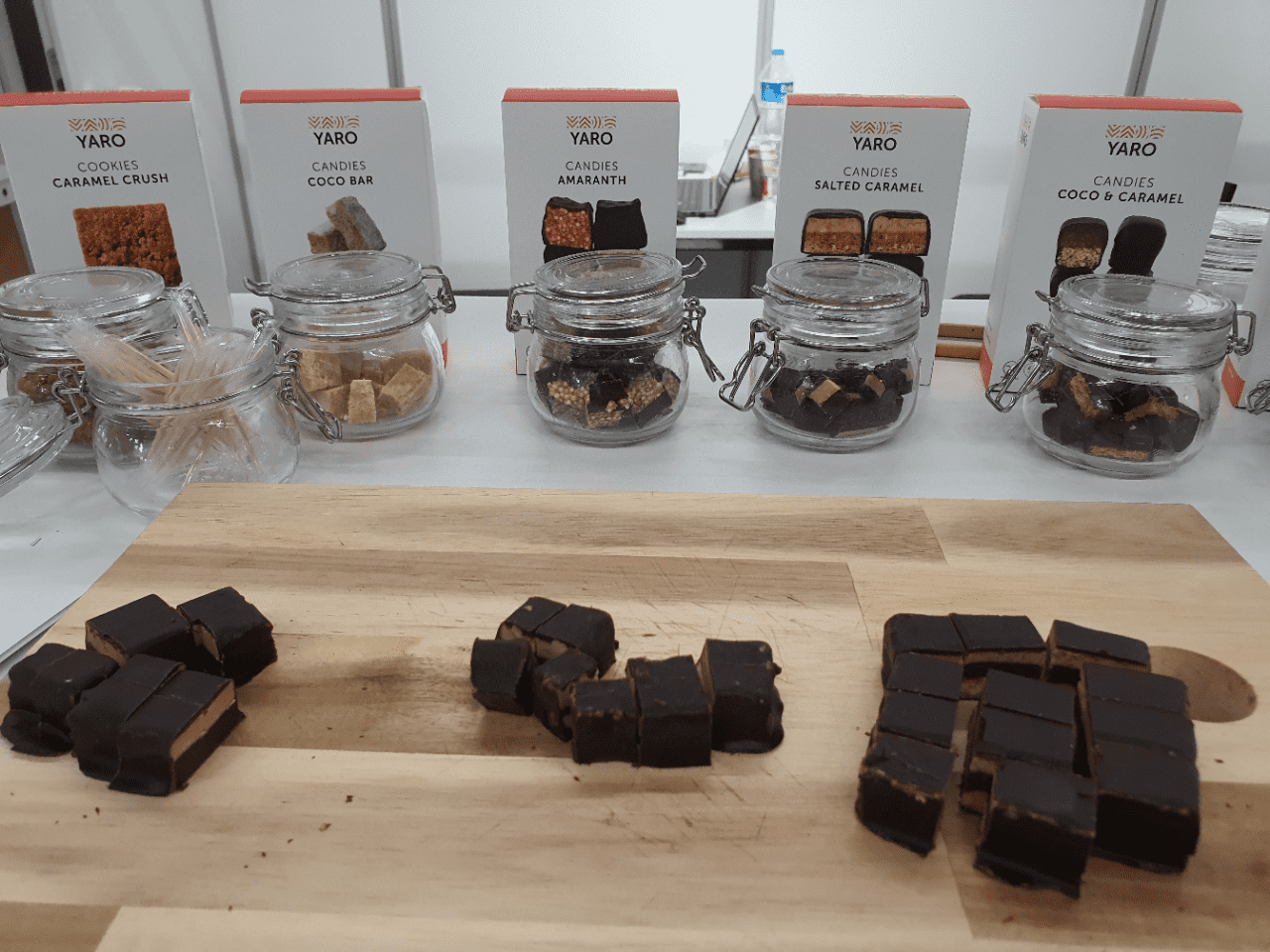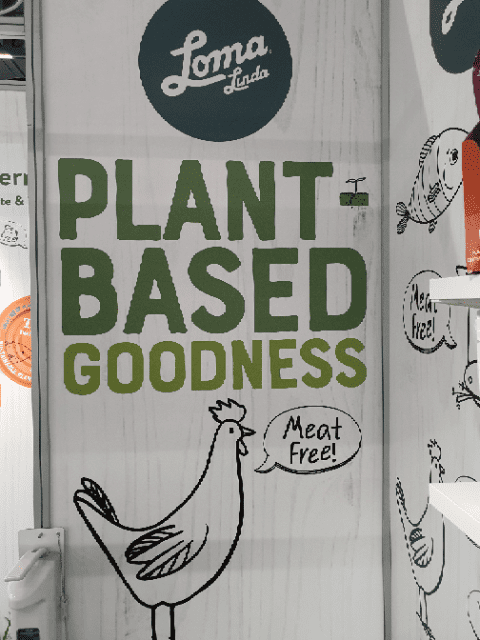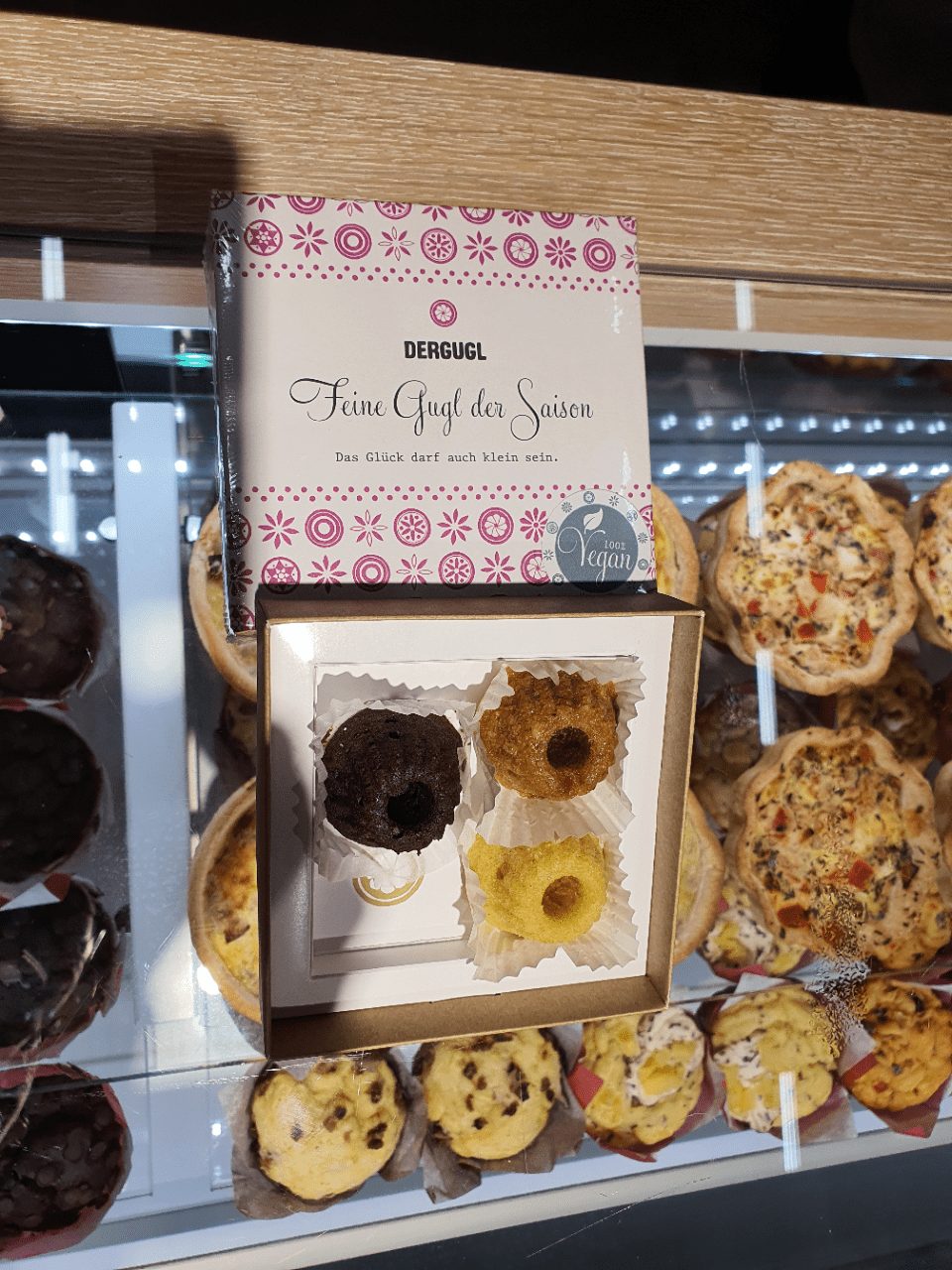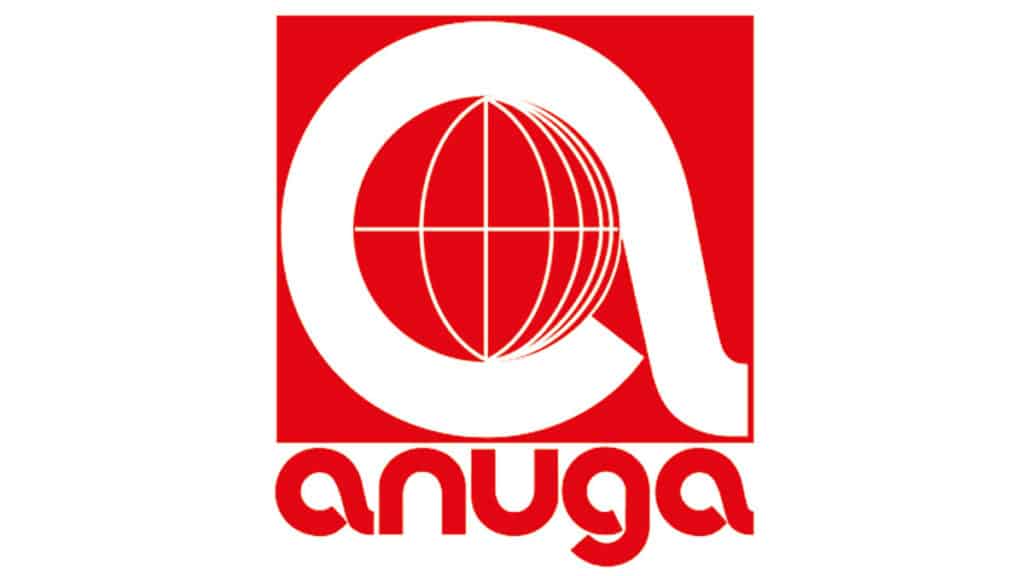
Über 70.000 Besucher aus 169 Ländern – Aufbruchstimmung auf der Weltleitmesse für Lebensmittel und Getränke – Hohe Zufriedenheit auf Aussteller- und Besucherseite
International, inspirierend und vor allem persönlich – das war die 36. Ausgabe der Anuga, die vom 9.10. bis 13.10.2021 in Köln stattfand. Mit mehr als 70.000 Besuchern aus 169 Ländern und mehr als 4.600 Ausstellern aus 98 Nationen hat die Weltleitmesse für Lebensmittel und Getränke einmal mehr unter Beweis gestellt, dass Messen in dieser Größenordnung wieder möglich sind. „Wir freuen uns sehr über dieses Ergebnis. Dies unterstreicht die globale Bedeutung der Anuga und das Vertrauen, das uns als Messegesellschaft entgegengebracht wird. Es zeigt zudem, dass der Messeplatz Deutschland weiterhin führend und attraktiv im globalen Wettbewerb ist“, erklärt Gerald Böse, Vorsitzender der Geschäftsführung der Koelnmesse GmbH.
„Auch der hybride Ansatz hat sehr gut funktioniert und fand großen Zuspruch. Mit der Anuga @home konnten wir vor allem denjenigen, die nicht zur Messe reisen konnten, eine gute Möglichkeit bieten, sich über Fachthemen zu informieren und intensives Networking zu betreiben“, so Böse weiter.
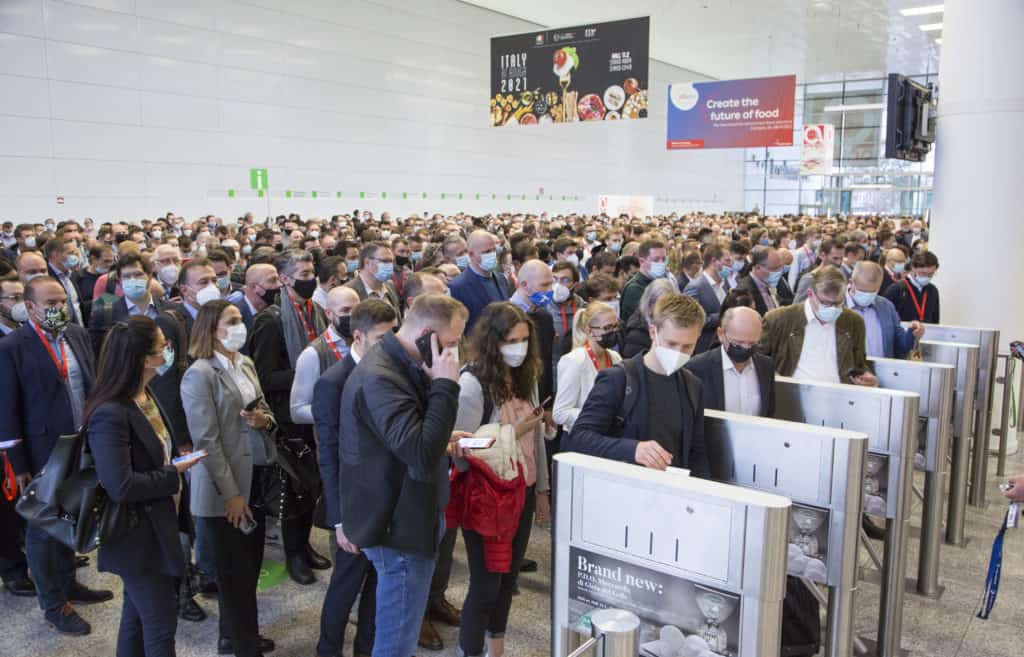
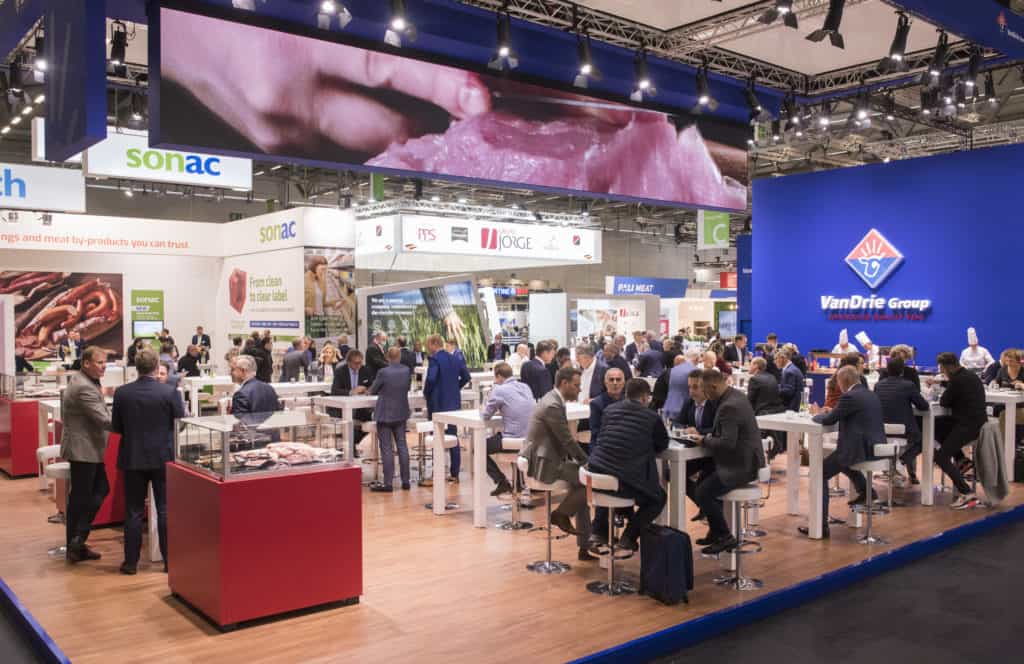
Auch in punkto Internationalität setzt die Anuga in Post-Corona-Zeiten wieder Maßstäbe: 92 Prozent der Aussteller kamen aus dem Ausland. Die Internationalität auf Besucherseite ist mit 76 Prozent auf gleichbleibend hohem Niveau (2019: 75 Prozent). „Menschen aus 169 Nationen – das ist ein starkes Signal und zeigt zugleich, wie sehr die internationale Ernährungsbranche Messen braucht, um wieder Geschäfte zu machen. Dies haben auch unsere Aussteller wahrgenommen, die uns von hervorragenden Kundengesprächen und der hohen Qualität der Fachbesucher berichteten. Gespräche mit Einkäufern bestätigten ebenfalls, wie sehr sie die Zeit für intensive persönliche Gespräche mit ihren Kunden schätzen. Die Anuga 2021 machte die internationale Welt der Ernährung einfach wieder persönlich erlebbar. Und diese Euphorie und Aufbruchstimmung war überall auf der Messe zu spüren“, betont Oliver Frese, Chief Operating Officer der Koelnmesse GmbH.
Top-Einkäufer an Bord
Vor allem die gute Qualität und Vorbereitung der Einkäufer sowie das ernsthafte Interesse, wieder Geschäft zu generieren, überzeugte die Aussteller. Zahlreiche Einkäufer mit Entscheidungskompetenz aus dem Handel und dem Foodservice, darunter relevante Top-Einkäufer wichtiger Handelsketten, kamen zur Messe nach Köln. Eine erste Auswertung der Besucherbefragung zeigt, dass mehr als 70 Prozent der Befragten die Anuga zur Pflege und zum Aufbau neuer Geschäftsbeziehungen nutzen.
Hybrid in die Zukunft
Als hybride Veranstaltung bot die Anuga in diesem Jahr mit der Anuga @home auch eine digitale Plattform für Aussteller, Besucher und Medienvertreter. Neben intensivem Networking stieß vor allem das digital gestreamte Event- und Kongressprogramm mit einer Vielzahl an Vorträgen, Diskussionen und Präsentationen durch renommierte Fachexperten und Unternehmen der Foodbranche auf großes Interesse. Insgesamt waren 353 Beiträge mit mehr als 6.380 Sendeminuten an drei Messetagen zu sehen. Insbesondere die live gestreamten Konferenzen Newtrition X sowie die New Food Conference fanden großen Anklang. Die Beiträge und das Networking der Anuga @home werden auch nach der Messe on demand zur Verfügung stehen.
Transformation entschlossen weiter beschreiten
Aufbruchstimmung zeigte sich auch in den Themen auf der diesjährigen Messe und der digitalen Anuga @home. Unter dem Leitthema „Transform“ zeigten Aussteller aus aller Welt, dass die internationale Ernährungswirtschaft weitere Schritte in Richtung eines nachhaltigeren und effizienteren globalen Foodsystems geht. Vor allem der signifikante Anstieg an pflanzenbasierten oder rein pflanzlichen Produkten, alternativen Proteinprodukten sowie Neuheiten mit einem gesundheitsorientiertem Zusatznutzen bestätigt diese Entwicklungen. Aber auch im klassischen Bereich der Milch- und Molkerei, Fisch- und Fleischprodukte setzen die Hersteller auf nachhaltige Produktion, Tierwohl und Klimaschutz.
Auch der Präsident des Bundesverbandes des Deutschen Lebensmittelhandels (BVLH) Friedhelm Dornseifer zieht positive Bilanz: „Mit der Anuga 2021 haben wir die Welt der Ernährungsmessen erfolgreich aus dem Corona-Lockdown geholt. Mein ganz besonderer Dank dafür geht an die Koelnmesse, die das mit viel Herz und Einsatz aller Mitarbeiterinnen und Mitarbeiter möglich gemacht hat. Die Anuga 2021 hat eindrucksvoll unter Beweis gestellt, dass wir den Weg der Transformation unseres Ernährungssystems entschlossen weiter beschreiten müssen. Zahlreiche Neuheiten nachhaltig erzeugter und verarbeiteter Produkte, die hier auf der Anuga präsentiert wurden, zeugen von der Innovationskraft der Branche und stimmen mich sehr zuversichtlich, dass die Lebensmittelwirtschaft einen wirksamen Beitrag zur Verringerung der Treibhausgasemissionen und damit zur Bekämpfung des Klimawandels leisten kann.“
Über den erfolgreichen Ablauf der Anuga freute sich auch Christoph Minhoff, Hauptgeschäftsführer der Bundesvereinigung der Deutschen Ernährungsindustrie (BVE): „Die Durchführung der Anuga 2021 war ein wichtiger Schritt zurück zur Normalität. Die Koelnmesse hat bewiesen, dass sie die weltgrößte Messe für Ernährung auch unter Corona-Bedingungen sicher durchführen kann. Aussteller und Fachbesucher konnten sich endlich wieder persönlich begegnen, Waren präsentieren und Verträge abschließen. Insofern ist diese erste Leitmesse, die seit dem Ausbruch von Covid-19 stattfindet, ein wichtiger Mutmacher und Taktgeber für den weltweiten Handel mit Nahrungsmitteln. Die Ernährungsindustrie hat passend zum Anuga-Motto „Taste the future“ eindrucksvoll unter Beweis gestellt, dass Innovation, Nachhaltigkeit und Freude am Genuss auch in Zukunft zusammengehören.“
Ingrid Hartges, Hauptgeschäftsführerin des DEHOGA Bundesverbandes, ergänzt: „Die Anuga 2021 vermittelte eine starke und wichtige Aufbruchstimmung sowohl für die Messewirtschaft wie auch für das Gastgewerbe. In diesem besonderen Jahr ist die Anuga weltweit die größte Fachmesse.
In unserer DEHOGA Lounge in der Halle 7 hießen wir Besucher aus allen Teilen der Branche willkommen. Food-Profis aus Individualgastronomie, Gemeinschaftsgastronomie, Catering und Systemgastronomie informierten sich über Produktneuheiten und profitierten vom direkten Austausch mit den Branchenkollegen. In den vielen Gesprächen wurde Zuversicht vermittelt, und die große Freude über die persönlichen Begegnungen, die ja gerade in unserer Branche eine enorme Bedeutung haben, war überall spürbar.
Erneut ein besonderes Highlight in Köln war das 30. Forum Systemgastronomie des DEHOGA-Initiativkreises mit seinem abwechslungsreichen Power-Programm. Neben Wolfgang Bosbach, einem der bekanntesten und anerkanntesten Politiker Deutschlands, standen mit den Unternehmenschefs Stephan von Bülow (Block Gruppe), Jörg Gilcher (Five Guys) und Jürgen Vogl (Aramark) sowie dem Marktforscher Jochen Pinsker echte Branchenkenner auf der Bühne und überzeugten mit impulsgebenden Vorträgen in herausfordernden Zeiten.“
Die Anuga in Zahlen:
An der Anuga 2021 beteiligten sich 4.643 Unternehmen aus 98 Ländern auf einer Bruttoausstellungsfläche von 244.400 m². Darunter befanden sich 400 Aussteller aus Deutschland sowie 4.243 Aussteller aus dem Ausland. Der Auslandsanteil betrug 92 Prozent. Zur Anuga 2021 kamen mehr als 70.000 Fachbesucher aus 169 Ländern, der Auslandsanteil lag bei 76 Prozent.
Die nächste Anuga findet vom 07. – 11.10.2023 statt.
Die nächsten Veranstaltungen:
- ISM – Die weltweit größte Messe für Süßwaren und Snacks, Köln 30.01. – 02.02.2022
- Annapoorna – ANUFOOD India – Indiens internationale Fachmesse für Nahrungsmittel und Getränke, Groß- und Einzelhandel, Mumbai 03.02. – 05.02.2022
- ANUFOOD Brazil – International Trade Show Exclusively for the Food and Beverage Sector, São Paulo 12.04. – 14.04.2022
Weitere Informationen unter www.anuga.de.
Jetzt vegconomist+ Unterstützer:in werden!
vegconomist publiziert unabhängig von großen Verlagen. Ihre Unterstützung hilft uns dabei, auf vegconomist.de frei zugänglich für alle zu bleiben.
>>> Jetzt unterstützen


